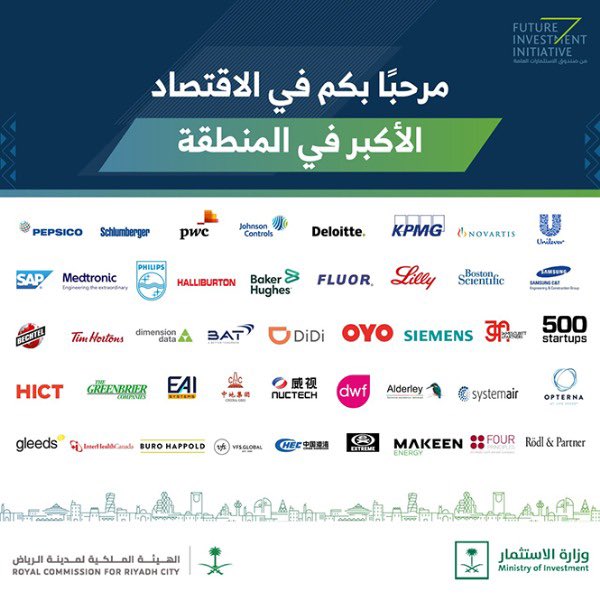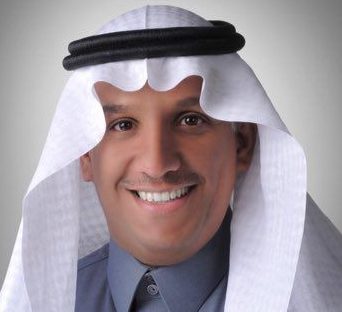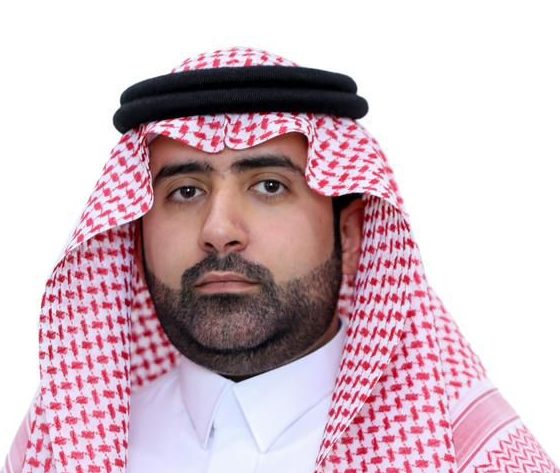© 2020 All rights reserved to Maaal Newspaper
Publisher: Maaal International Media Company
License: 465734
Recording a 24.6% jump.. As many as 44 int'l firms announce transferring their regional HQs to Riyadh
National & Foreign Private Sectors’ Investment, in the Kingdom’s economy Refute Wall Street Journal’s Report
https://maaal.com/?p=309546
#Saudi_highest_growth_in_G20
Following a series of reforms and restructuring, grace to the Kingdom’s Vision 2030
Saudi as well as foreign private sectors’ investments, in the Kingdom’s economy, are sufficient enough to refute a Wall Street Journal’s report, qualifying the Saudi economy and objecting its outlook, as the overall tally of these investments jumped by 24.6%.
In addition, as many as 44 international companies have announced the transfer of their headquarters to Riyadh, official data revealed.
Strong growth rate of 24.6% for the private sector investments, in the Saudi economy, during the first 9-month of 2021, is a new compelling and telling indicator of the continuous recovery of the Saudi economy, following a series of reforms and restructuring imposed by the programs and initiatives of the Kingdom’s Vision 2030.
Its effects were reflected on all economic indicators, as it led the Kingdom to be at the forefront of the G20 member states, in overcoming the repercussions of the pandemic.
The total fixed capital formation (investment) for the Saudi private sector, during the first 9-month of Year 2021, amounted to about SR396 billion, compared to about SR318 billion for the same period, in 2020, meaning that the Saudi private sector has pumped about SR78 billion in new investments, an increase of 24.6% over the first 9-month of the Year 2020.
The positive indicators of the Saudi economy refute any allegations made by the American newspaper the Wall Street Journal, claiming that Saudi Arabia has become an unattractive environment for foreign investment, after foreign companies were subjected to sudden tax assessments – according to the newspaper – that often amounted to tens of millions of dollars.
This comes at a time when 44 international companies announced, at the end of last October, that they had chosen Riyadh as their regional headquarters, however the famous American newspaper’s report has chosen to neglect and ignore.
Among the most prominent of these companies that announced the transfer of their headquarters to the Saudi capital: Pepsi, Schlumberger, Deloitte, PwC and Bechtel, in an indication of The state of optimism that dominates amid these firms, towards the Saudi economy, in the light of the reforms and changes, it is experiencing, at a time when the Royal Commission for Riyadh City has handed over a lot of licenses for regional headquarters to representatives of international companies, on the sidelines of the activities of the 5th edition of the Future Investment Initiative, October 2021, held in Riyadh.
On the other hand, various global reports, led by the World Economic Outlook report issued by the World Bank two days ago, showed that the Saudi economy continues to recover, as the World Bank raised its forecast for the growth rate of the Saudi economy, during the current year to 4.9% compared to its previous forecast (June 2021) estimated at 3.3%, and attributing this to a recovery of the non-oil sectors, with the acceleration of vaccination campaigns against the Coronavirus, accompanying the rise in oil production and the improvement, in global oil prices.
At a time when the World Bank raised its forecast for the growth of the Saudi economy this year, it expected that the global growth rate would record a noticeable decline from 5.5% in 2021 to 4.1% in 2022, as a result of the exacerbation of uncertainty as a result of the spread of Coronavirus mutant-variant, as well as the high levels of inflation, debt and inequality.
The optimistic expectations of the Saudi economy were not limited to the World Bank only, but also was preceded by the International Monetary Fund, which raised its expectations for the growth rate of the Saudi economy during the current year from 4% according to the expectations for January 2021, compared to 4.8% in October 2021 report (latest issue), amid expectations of more optimism in expectations are according to the deferred report for this month, which is set for January 25, 2022.
For its part, Standard & Poor’s expects a recovery in the growth of the Saudi economy until 2024, driven by high oil prices, easing OPEC production quotas, and increasing vaccination rates against the Coronavirus, in Saudi Arabia.
The agency explained that after the Covid-19 pandemic affected the economy, Saudi Arabia returned to launching ambitious projects’ investment, linked to its strategy to reduce the economy’s dependence on oil.
The Public Investment Fund and other entities, operating in the oil and non-oil sectors have made significant investments.
The agency expected that the deficit levels, in the Kingdom of Saudi Arabia would decrease from 11.2% last year to 4.3% in 2021, while it would post an average of 5.7% this year through to 2024.
As for another global credit rating agency Fitch, it confirmed the positive future directions of the fiscal policies, that Saudi Arabia seeks to pursue, as an extension of the measures and structural reforms, it has taken during the past 5 years, in accordance with the objectives of “Vision 2030”, revealing that the Kingdom maintains a large financial reserves supportive of its rating.
It provides greater flexibility to facilitate public financing needs, in the light of the oil revenues’ fluctuations.
The Kingdom tops the G20 countries with the highest economic growth, in the last quarter of 2021, reflecting the efficiency and strength of the economic reforms taken by the Kingdom, under the supervision and follow-up of HRH Crown Prince, hence, outperforming other major economies of the world, despite the challenges of the Coronavirus pandemic.
On the level of unemployment rates among Saudis, the data of the General Authority for Statistics revealed a continuous decrease, in unemployment rates among the Saudis, to record 11.3%, in the 2nd and 3rd quarters of the Year 2021, as the lowest level of the unemployment rate among Saudis, in 10 years, down from 11.7% in the 1st quarter of 2021, compared to 15.4 % by the end of the 2nd quarter of 2020.
The economic reforms implemented by the Kingdom, within the framework of Vision 2030, over the past 5-year have played a prominent role, in economic diversification efforts, by promoting and bolstering the growth of non-oil revenues, as the real game changer.
Related






